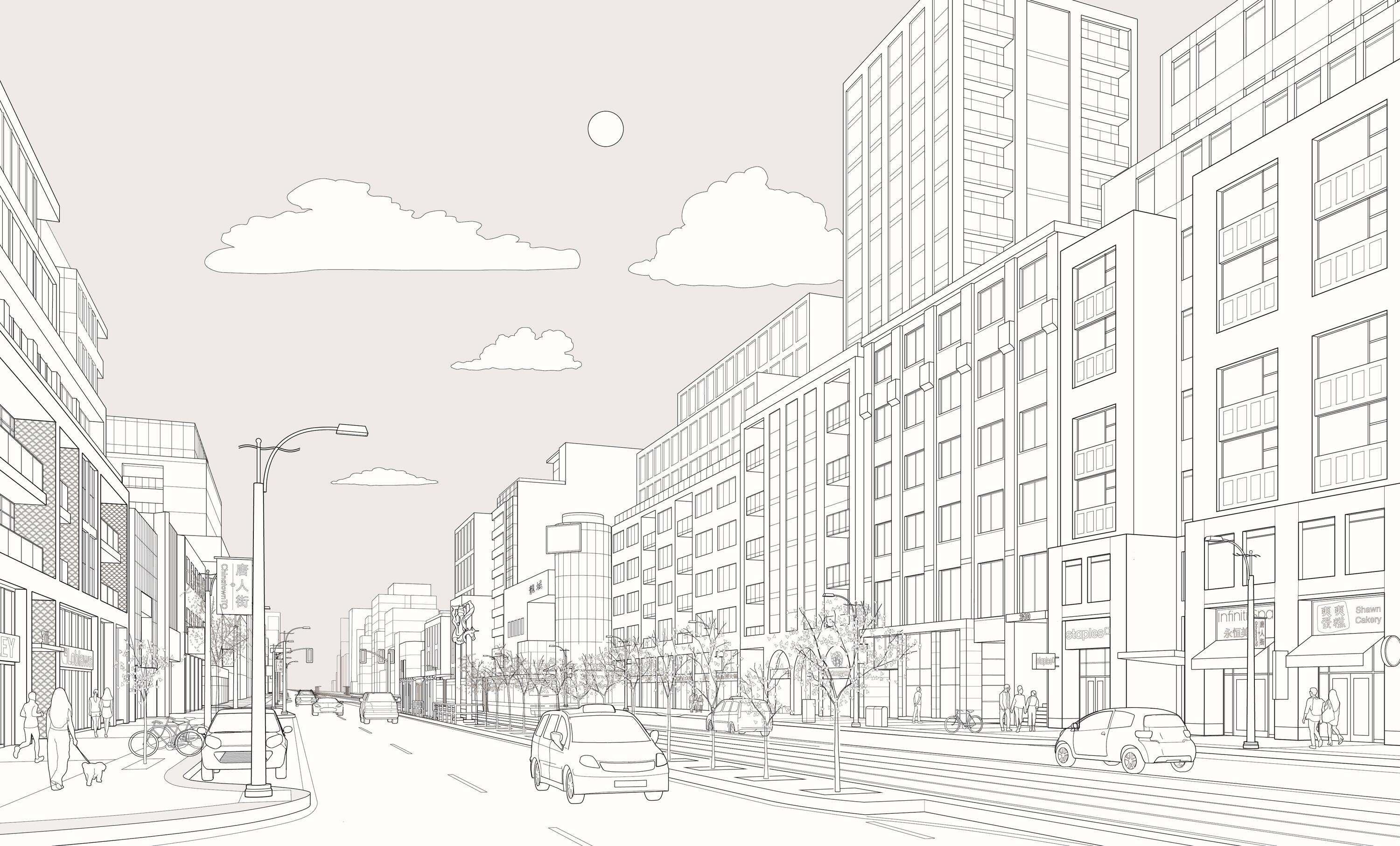Chinatown as a heretopia: Culture and the crisis of Toronto's Chinatown(s)

Abstract:
This thesis studies the historical and present roles that culture plays in the formation of cities by analyzing the evolution of North American Chinatowns as heterotopias within the city throughout the cultural and social milieu of the 20th century. It proposes that Chinatowns began as a heterotopia defined by its difference in rules, customs, language and population from the rest of the city, but due to the changing role of culture in cities under post-industrialism, it is now a heterotopia defined by a theme-park like manufactured façade of cultural products, that threatens to displace communities that depend on it for survival. Concurrently, bringing together both existing sociological and ethnocultural studies of Chinatowns as ethnic enclaves as well as critical analyses of the treatment of Chinatown in film and other artifacts, it follows two contrasting ideas: the exterior perception of Chinatown, and the interior perception of Chinatown as a community. The changing relationship between these two ideas throughout time is used to explain the present-day condition of Chinatowns “losing their soul” en masse to gentrification. The thesis will draw on stories from various North American Chinatowns to establish an evolutionary theory before applying the theory to a focused case study of Toronto’s Chinatown(s). It uses archival research to uncover visual and demographic information from various stages of Chinatown’s growth, and is supported with mapping, drawing and photography. The thesis aims to contribute to a greater, historically-rooted understanding of the underlying forces of gentrification in Chinatown, as well as demonstrate the inherent value of Chinatown as a home, community and cultural space.
The examining committee is as follows:
Supervisor:
Val
Rynnimeri
Committee
member:
Adrian
Blackwell
Internal-external
reader:
Fiona
Lim
Tung
External:
Mark
Sterling
The
defence
examination
will
take
place:
Thursday,
December
15,
2022,
9:00
a.m.
This
will
be
taking
place
online
via
Teams.
Please
contact the
grad
office or
the
student
for
the
Teams
link.
The
committee
has
been
approved
as
authorized
by
the
Graduate
Studies
Committee.
A
copy
of
the
thesis
is
available
for
perusal
in
ARC
2106A.